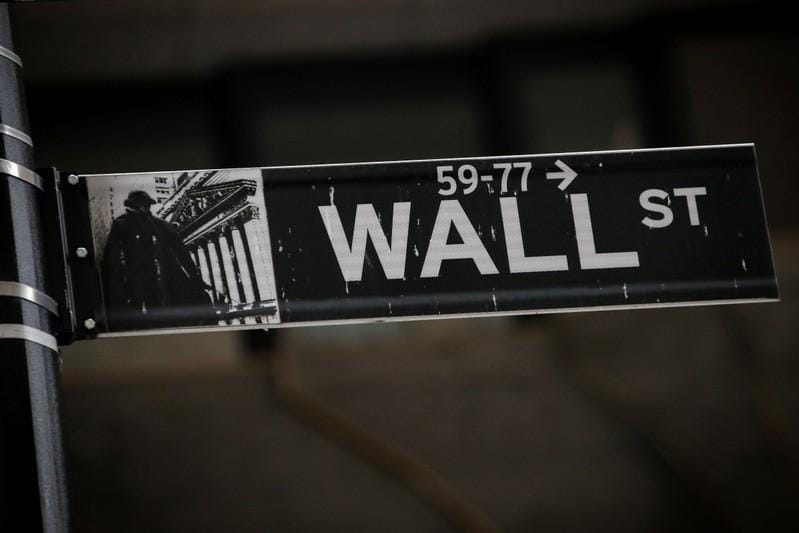
Household consumption drives nearly 70% of US economic output the financial security that encourages people to keep spending, instead of holding cash, is crucial to sustaining the current pace of growth. The willingness of households to sink their savings into stocks and bonds provides a massive pool of capital available to companies, and helps dictate funding costs for businesses. Savings are, in a sense, a public resource. In other words, the wealth of tens of millions of households-in particular, the ability of older Americans to retire comfortably-depends on the wisdom of their financial advisers’ actions.Ĭollectively, those actions could have far broader economic consequences. Among retirees, that share is higher, around 30%.
#WATCH DOG ON WALLSTREET PROFESSIONAL#
Around 17% of households use a financial professional to manage their money, according to a 2019 survey conducted by CNBC, Acorns, and SurveyMonkey. US households have roughly $90 trillion in total financial assets, about a third of which is held in retirement accounts. To grasp the significance of the new research, it helps first to know what, exactly, brokers do and how they’re supervised. The bustling business of selling investing advice It’s thanks largely to these analyses, which offer vastly more complete data on firm behavior, that we’re starting to see how little investors are being told-and how much the ignorance costs them.

Starting a few years ago, a handful of pioneering academics were able extract the critical firm-related data from individual profiles. The only reason we know this is that, finally, its grip on the data is slipping. And the way it presents data has the power to distort markets and protect the profits of financial institutions.

Many Indians still think coronavirus was either engineered in a lab or came from batsīrokerCheck is operated by an industry-run regulator. A 2015 report by the White House Council of Economic Advisers estimated that unsound financial advice cost families $17 billion a year ($18.3 billion in today’s dollars.) Other research suggests the sum reflects a small fraction of customer losses. For misconduct cases filed from 2014 to 2016, brokers and brokerage firms paid $800 million a year, on average-over $600 million in settlements, $175 million in fines, $25 million in damages-according to Quartz’s analysis of BrokerCheck data. And that information is critical to helping people avoid brokers liable to misbehave with their money, according to scholars who have recently documented how important hiring practices and institutional cultures are to predicting a broker’s likelihood of future misconduct.
#WATCH DOG ON WALLSTREET ARCHIVE#
While the online archive does contain data that would help users check up on individual money managers, it presents the data in a way that makes it hard for users to see a representative picture of firm-level misconduct. But the picture it offers is far from complete. Should you travel during the coronavirus crisis?īrokerCheck is supposed to give consumers the most relevant information available that might predict brokers’ future behavior. The site reports past customer complaints of misconduct, covering everything from excessive trading to outright fraud. It’s an online database of work histories, credentials, and disclosures of possible past misconduct, serving as the lone portal through which customers can check up on advisers’ records. To help investors vet brokers and the firms they work for, the private regulator that supervises US financial advisers offers BrokerCheck.

But how do they ensure they’re not handing over their hard-earned savings-and their hopes of paying for college, perhaps, or enjoying a financially secure retirement-to the next Jordan Belfort or Bernie Madoff? With cash piling up in a no-yield bank account, they determine it’s time to entrust their wealth to a pro. The Charging Bull sculpture by Arturo Di Modica, in New York's Financial District.Įvery year, thousands of Americans face the same weighty decision.


 0 kommentar(er)
0 kommentar(er)
